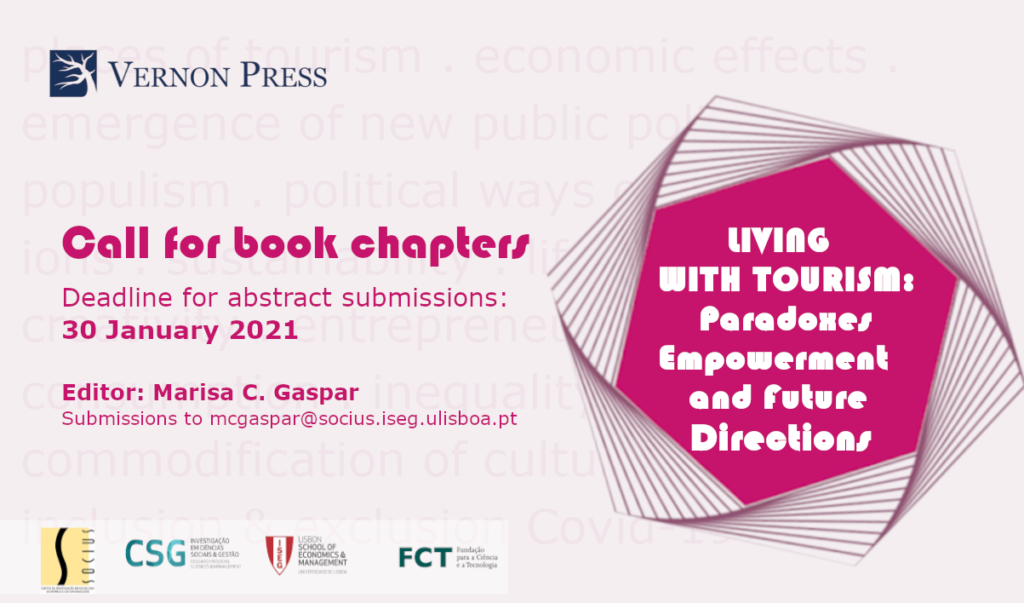
Social scientists have progressively freed themselves from tourism explicative theoretical models, studies on acculturation, and the impact on communities – viewed as traditional, passive and the object of tourism consumption – and have moved on by adopting ethnographic methodologies of experimental immersion.
This paradigm shift has allowed them to approach tourism as a sophisticated and complex phenomenon that mobilises alternative social and cultural interactions and engagements, the interconnection of local and global, and the creation of national and regional identities across time and space. In this sense, touristic destinations are considered privileged fields for tourism research, as the impacts of transnational and translocal mobility can best be found at a local level. This reveals the vast dynamics of these sites as contexts of relational encounters where it is possible to observe power competition in relation to the production, discourses, and appropriation of space.
The edited volume Living with Tourism: Paradoxes, Empowerment and Future Directions seeks chapter proposals exploring tourism impacts, involvement, resilience, tensions and paradoxes on local communities and their hosting, production and consumption relationship practices revealed in the particularities of each touristic destination. It also invites proposals concerning broader discussions on future directions of tourism as a result of the unprecedented worldwide changes caused by the COVID-19 pandemic.
This volume aims to accommodate a collection of interdisciplinary and empirical research essays that reflect a rethinking of tourism and its wider implications towards the interests, representations and uses of specific spaces and the communities that inhabit them. Accordingly, a holistic approach should be taken regarding how tourism (and tourism research) fits into broader and more intricate socio-cultural systems and power relationships, meanings and actions, and its operation at various levels, such as:
- Community-based agency and empowerment
- Socio-cultural changes and paradoxes
- Construction of identity and sense of place
- Production and consumption of culture and heritage
- Inclusion and exclusion, inequality and contestation
- Governance, public policy and political legitimacy
- Ethics, sustainability and innovation
- Future scenarios and research perspectives for a disruptive and uncertain world.
All proposals focused on exploring aspects of ‘living with tourism’, its frameworks, narratives and outcomes related, but not limited to, the previous list of topics, are encouraged to be submitted.
Notes for Prospective Authors
If you are interested in contributing, please email your proposal to the Editor, Marisa C. Gaspar mcgaspar@socius.iseg.ulisboa.pt
Please note, submitted chapters should not have been previously published nor currently be under consideration for publication elsewhere. All chapters will be refereed through a peer-review process.
Full chapters should be approximately 8,000 to 9,000 words in length and must be written in English.
Proposals should include the following information:
- Authors’ names, affiliation, email contact and a short biographical note
- Title of the chapter
- An abstract with a maximum of 300 words and five keywords, which highlight the key arguments in the chapter. Deadline for abstract submissions: 30 January 2021
